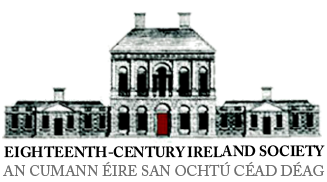Type: Article
Poppe, Erich. ‘Leibniz and Eckhart on the Irish language’, Eighteenth-century Ireland/Iris an dá chultúr, Vol. 1 (1986), pp 65-84.
This article discusses the interest of two German comparative linguists, Gottfried Wilhelm Leibniz (1646-1716) and Johann Georg Eckhart (1664-1730) in the Irish language. Eckhart contributed to Irish studies with his partial edition of the Old Irish glosses from the Codex Paulinus Wirziburgensis. According to Poppe, Leibniz and Eckhart ‘show the range of approaches and interests in the late seventeenth and early eighteenth century language-study; the speculative-comparative, the speculative-historical, the descriptive, and the interplay of the three’. Though these scholars found many links between Irish and Welsh, Basque and Frisian, Leibniz believed Irish to be an ‘isolated language’ : one that can be ‘used to illustrate not only the language of the British Isles before the coming of the Saxons, but also the language used in the North-German coastal areas before the coming of the Cimbric tribes…’ Included are Eckhart’s proposed etymologies of some Irish words, a full bibliography and translations into English of the Latin passages quoted in the article.
